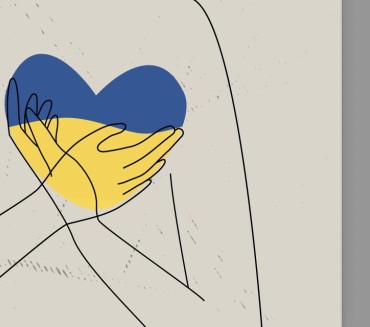Summary: 1. Introduction. - 2. The Concept and Types of Grounds for Challenge (Self-Challenge) of the Court, Investigating Judge, Judge. - 3. Correlation between the National Classification of Grounds for Challenge and the Criteria for Determining the Impartiality of the Court in the Case Law of the ECtHR. - 4. Characteristics of Unconditional Grounds for Challenge of an Investigating Judge, Judge, Court. - 4.1. Participation of a judge in different procedural statuses within one criminal proceeding. - 4.2. Family ties. - 4.3. Violation of the established art. 35 of the CrPC, the procedure for distribution of cases between judges by an automated document management system, the procedure for determining jurors to participate in court proceedings. - 4.4. Participation of a judge in the preliminary stages of criminal proceedings. - 4.5 Preventing the decision of the ‘unlawful composition of the court’. - 5. Conclusions.
The proper resolution of applications for challenge (self-challenge) of a judge (investigative judge, court) is important for further criminal proceedings, as a judicial error in this matter may result in the violation of a person’s right to ‘lawful composition of the court’ or the right to defence, which is grounds for the cancellation of the court decision in the case and its referral to a new trial (Art. 412 of the CrPC), the violation of the principles of reasonable time terms, and the legal certainty (finality) of court decisions as part of the rule of law.
In judicial practice, proceedings on challenges belong to separate common proceedings, which usually end with a refusal to satisfy the challenge. Lawyers assess the institute of criminal proceedings of Ukraine as ineffective.
The purpose of the present study is to examine the grounds for challenge using the comparative method, so that views on their understanding are consistent in the professional environment and in judicial practice.
The article outlines the list of grounds for challenge of a judge (investigative judge, court) under the CrPC of Ukraine and presents their classification as unconditional and evaluative, which is crucial for the selection of methods of proof. The correlation between the national classification of grounds for challenge and the criteria for determining the impartiality of the court in the case law of the European Court of Human Rights (ECtHR) is shown. The main focus is on the analysis of unconditional grounds for challenge according to the national classification, and their content is revealed in relation to the positions of the ECtHR.
It is substantiated that the grounds for challenge are not only circumstances that cast doubt on the impartiality of a judge (investigating judge, court) found in para. 6 of Chapter 3 of the CrPC of Ukraine ‘Challenge’, but also circumstances that indicate that the judge does not meet the requirements of ‘legal composition of the court’ (Part 2 of Art. 412 of the CrPC) or ‘Court established by law’ (in the wording of part 1 of Art. 6 of the ECHR) found in various structural parts of the CrPC and in the Law ‘On the Judiciary and the Status of Judges’. It is substantiated that the wording of Part 1 of Art. 76 of the CrPC of 14 January 2021 is not consistent with the principle of access to justice by an impartial court (Art. 21 of the CrPC) since the right to an impartial tribunal (part 1 of Art. 6 of the ECHR) creates a conflict with Chapter 18 of the CrPC on the procedure for election, change of precautionary measures, does not meet the requirements of legal certainty, and may be grounds for complaints to the ECtHR.

